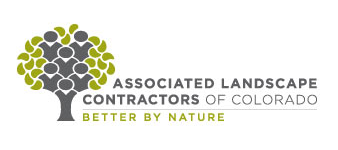| Is your staff prepared for work site first aid? |
 |
| News |
| Tuesday, May 09, 2017 02:00 AM |
|
Some will have carryover from each other. For example, each first aid kit should begin with these basics:
Wraps, splints, wound coverings should be considered, but you’ll only need enough to take care of the initial situation before the next level of care is needed, such as emergency medical staff. Medications Medical tools Additional tools may include: needle nose pliers, duct tape, notepads and pens/pencils, a separate waste bag from regular garbage, emergency heat reflecting blanket, headlamp, whistle, and a satellite phone (for remote locations). It is extremely important to have an automated external defibrillator (AED) available—and to know how to use it. It’s best to have at least one trained employee in each crew. If you spend more than three minutes attaching an AED on a victim, the chance of survival falls 50% or more. So it is critical that someone knows how to properly use the device. Staff responsibilities Be prepared Knowing CPR is critical to saving a life. ALCC member STAT CPR Training Services provides the training and knowledge to help you save a life. The American Heart Association and the Red Cross provide good instructors to help your team learn these skills. STAT CPR Training Services is an ALCC member that provides CPR/AED training as well as with first aid training. For more information, contact Scott Demaree at 970 619-8106 or email [email protected]. Visit them at www.STATCPRTrainingservices.com. Read more in this issue of Colorado Green NOW: |



